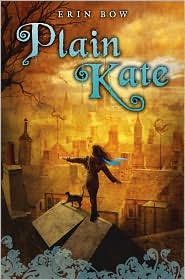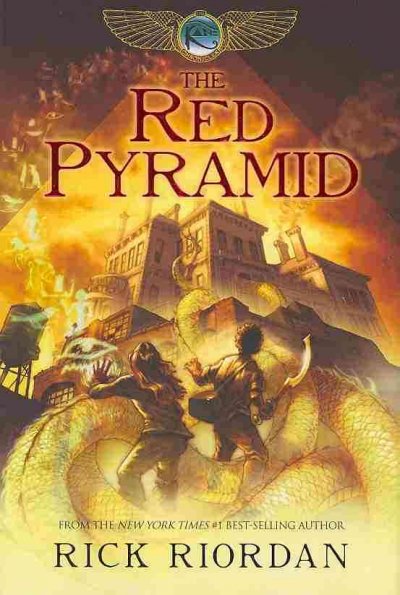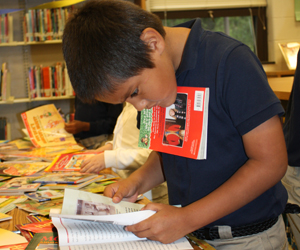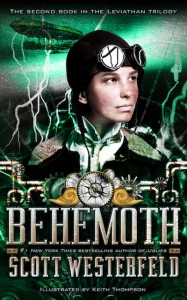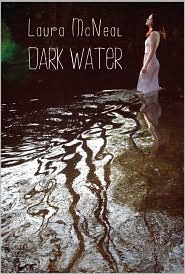Plain Kate
Debut author Erin Bow’s Plain Kateis a joy. Kate is a likeable, charming girl whose plight pulls at your heartstrings and whose courage inspires you. Even though she’s faced with seemingly insurmountable obstacles, she remains resolute and steadfast in her determination to keep moving forward in hopes of finding a place to belong. Plain Kate is the only child of her town’s master carver; she’s held a blade since before she could walk and her skill with carving sometimes earns the suspicion of her town. They say she’s got a “witch’s blade” and her charms and carvings are magic. That’s a dangerous rumor in Kate’s world,Read More →

